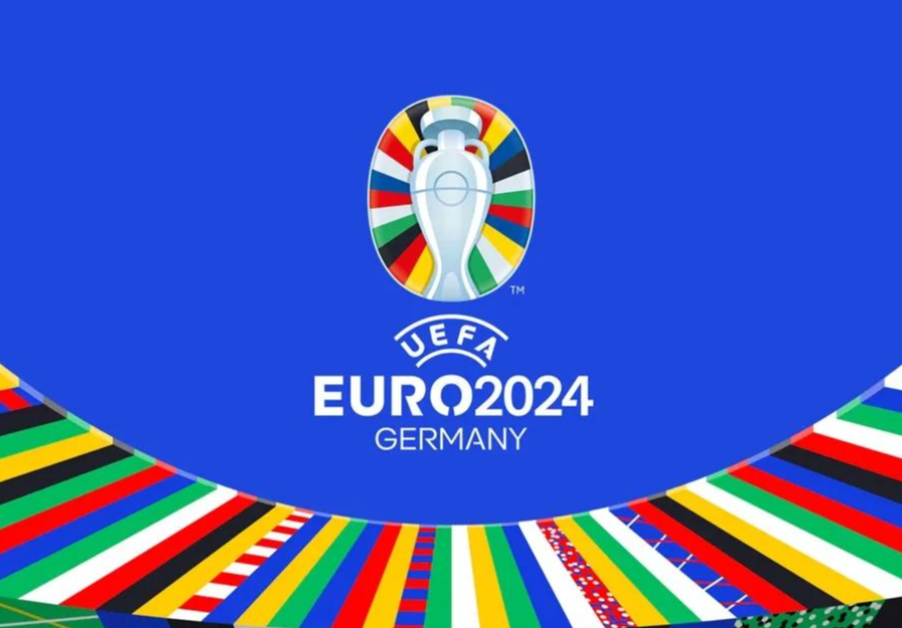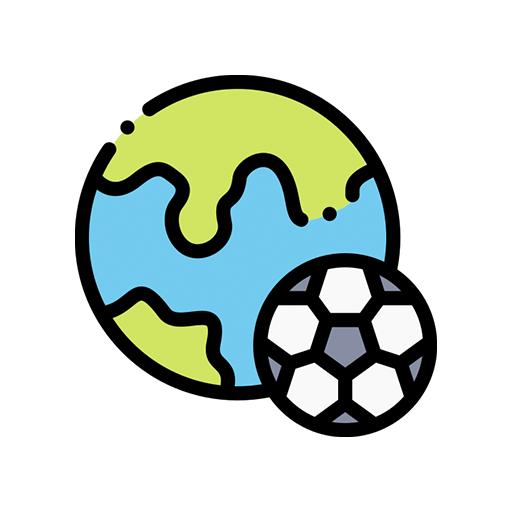
Euro 2024 Power Rankings
Share
With a history of 64 years, the UEFA EURO, also known as the Euros, was first held in 1960 and has now staged 16 editions. It is second only to the FIFA World Cup in the hearts of teams across the European continent.
As the Euros in Germany this summer draws near, all the qualified teams are actively preparing for the competition. England, France, Portugal, and the host Germany have become the top contenders for the title. However, the defending champions Italy are not favored by the outside world, similar to their performance in the previous Euros. It remains to be seen if this year's Euros will produce any unexpected results. Now, let's take a look at the power rankings of the participating teams.
Top 3 Teams: France, England, Germany
France
As the winners of the FIFA World Cup and the previous Euros, France boasts an illustrious team of stars like Mbappe, Griezmann, Kante, Pogba, and Benzema. They are undoubtedly the hottest team at present. After five years of refinement, their age, strength, and experience undoubtedly make them highly competitive.
England
One of the misconceptions about the Euros is that England is a strong team. While they achieved fourth place in the previous World Cup, which was their best result in recent years, England is now more stable but still perceived to be overrated in terms of strength.
Germany
It is somewhat surprising to see Germany ranked third, as their performance in recent major competitions has been disappointing. After being knocked out of the group stage in the 2018 and 2022 World Cups, as well as in the first round of the previous Euros, the German team has not undergone significant changes under the new coach Nagelsmann. Even more puzzling is the inclusion of four goalkeepers while excluding experienced players like Hummels and Adeyemi. Perhaps being the host nation helps them secure a spot in the top three.
Potential Strong Teams: Italy, Netherlands, Portugal
These three teams, especially Italy, have been silent for quite some time. Italy is a pragmatic and low-key team with no top-tier stars but stable overall performance. The Netherlands has struggled since the retirement of their golden generation led by Robben, and recently underwent a coaching change. Portugal, on the other hand, boasts a golden generation with top stars like Cristiano Ronaldo and players like Bruno Fernandes who can play as key players in strong teams. While Portugal enjoys high popularity, their strength matches their reputation.
Average Strong Teams: Spain, Belgium
Spain has been performing consistently since their dominant period from 2008 to 2012. Belgium boasts a powerful lineup, with De Bruyne and Lukaku at their peak in the leagues. However, their performance also depends on the form of Hazard, who has struggled at Real Madrid in recent years. Personally, I approve Belgium's strength.
Medium-Strong Team: Croatia
With their golden generation aging, Croatia is currently in a transitional phase. Their popularity may exceed their actual strength due to their silver medal in the previous World Cup. How far they can go depends on who they encounter in the knockout stage.
Mid-Upstream Teams: Sweden, Switzerland, Denmark, Russia, Turkey
These teams have relatively balanced strengths and lower levels of attention compared to the top teams. They tend to perform stably against weaker opponents.
Mid-Level Teams: Poland, Austria, Ukraine
Ukraine performed well in the qualifying rounds and may be a dark horse.
Wales is perhaps the most recognizable team in this group, but replicating their dark horse performance in the previous Euros seems unlikely. One feature of this year's Euros is that the top teams have undergone refinement, and there will be fewer unexpected upsets compared to previous editions.
Downstream Teams: Finland, North Macedonia
Finland seems to be participating in the Euros for the first time, and their qualification is already an outstanding achievement.




